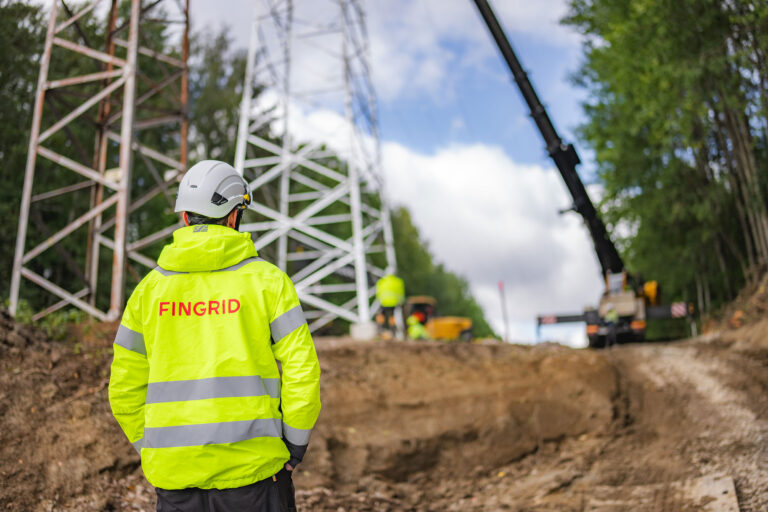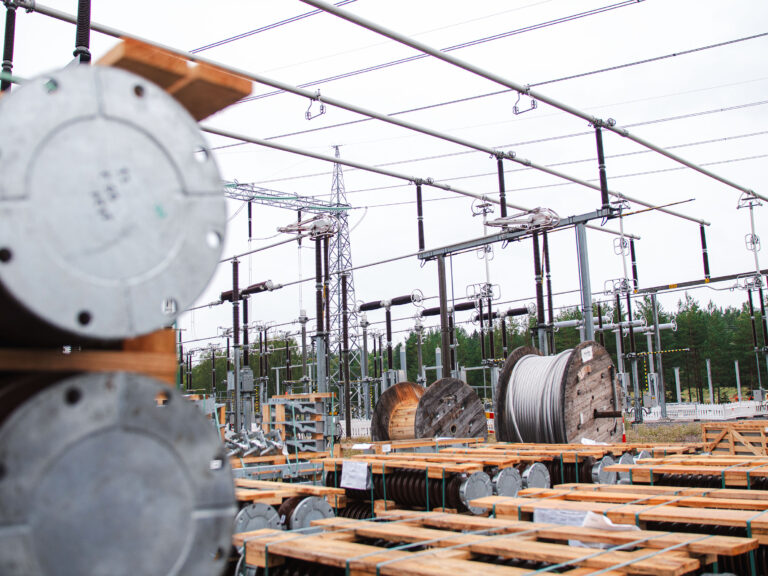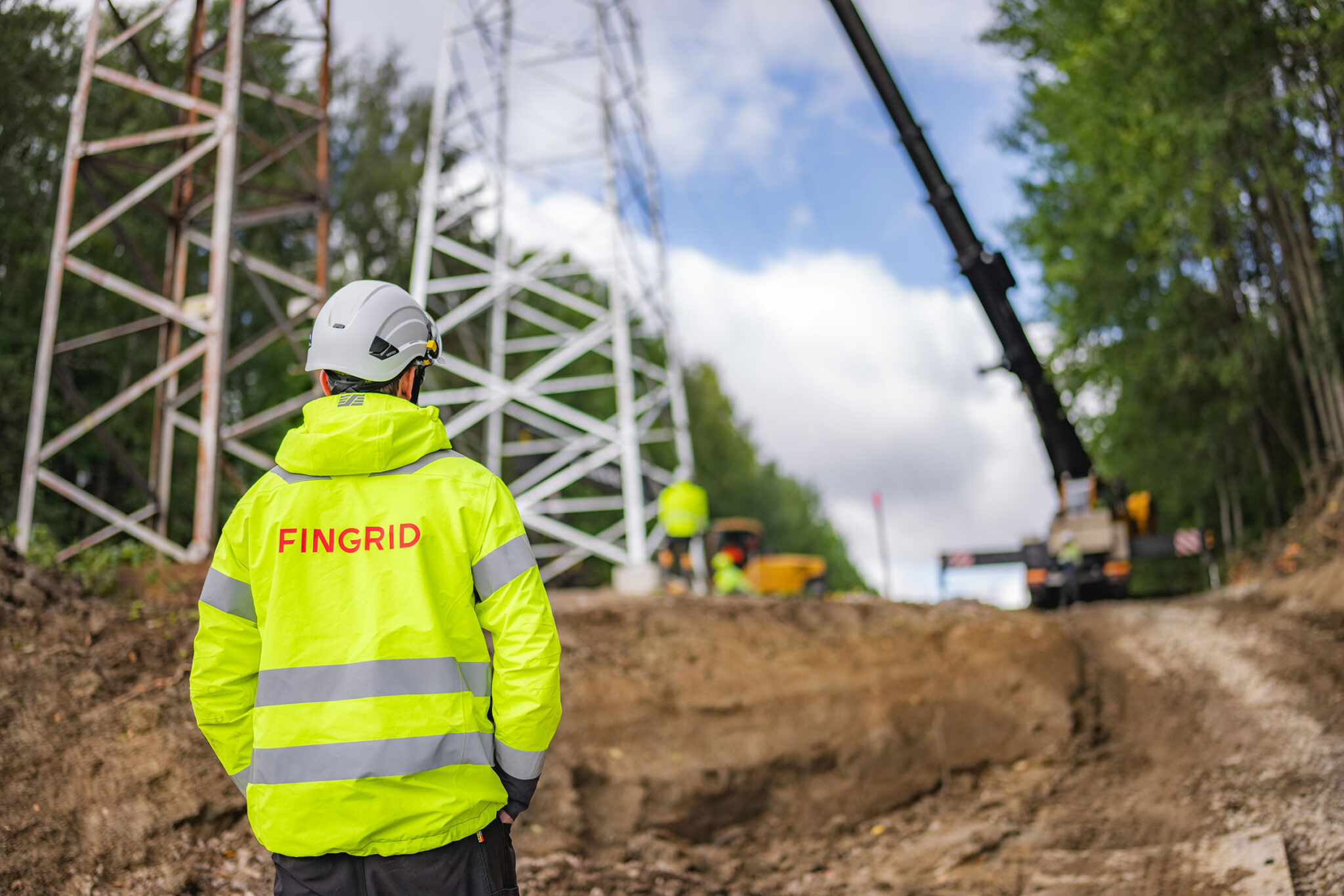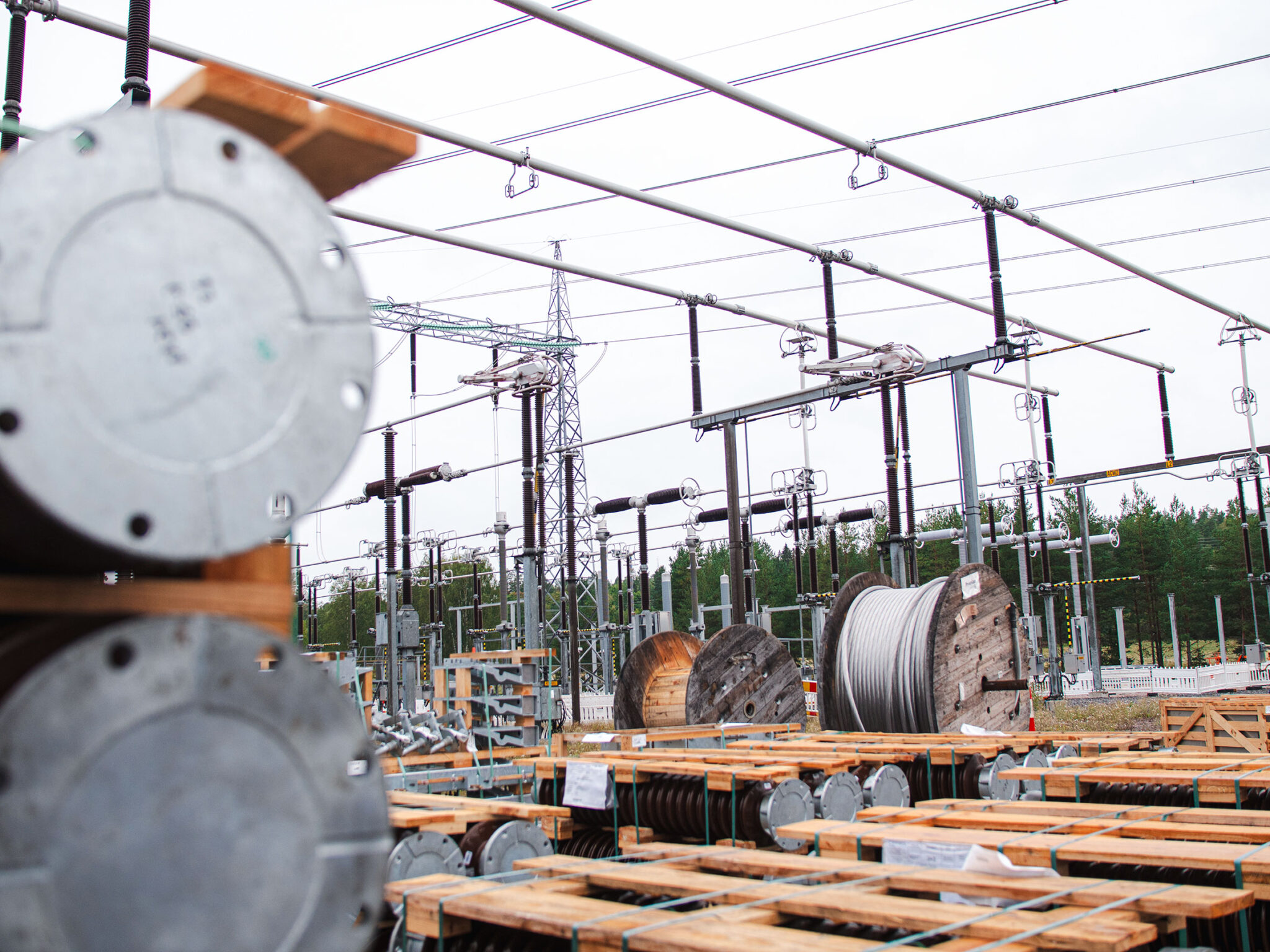“Under EU competition legislation, competitive tendering processes in the energy sector are international. Fingrid has a record number of construction projects underway, so there would not be enough Finnish workers for all the projects,” says Ritva Laine, an experienced client in competitive tendering procedures and Senior Project Manager at Fingrid.
Fingrid accepts the companies whose operating practices it has audited for inclusion in the register before the competitive tendering process begins. At present, the contractors are all European companies and requests for tenders are only sent to companies in the register.
Fingrid conducts worksite audits of all its contractors in Finland while work is underway, inspecting the on-site conditions, occupational safety and working time procedures. Finland’s climate makes work challenging, as the winter is cold and dark.
“Many foreign companies are surprised to learn that winter is the best time to build transmission lines due to our boggy soil. In the summer, the ground is too soft for heavy-duty vehicles in many places,” Laine says.
Suppliers are always audited
In addition to contractors, projects require materials, such as towers and components, conductors and transformers. These are delivered from all over the world.
Contractors make most of the purchases themselves. Fingrid ensures that the companies are technically competent and pass social audits.
For example, Fingrid orders large system transformers for substations and conductors for transmission lines. EU competition law regulates the company’s direct procurements of goods.
Fingrid conducts technical audits itself, but it uses a third party and local auditors for social auditing. They know the local legislation, language and conditions. The working conditions, working hours, remuneration, management system and freedom of association are assessed for each company.
“We often use the same contractors and suppliers when we are satisfied with their work,”
Laine says.







